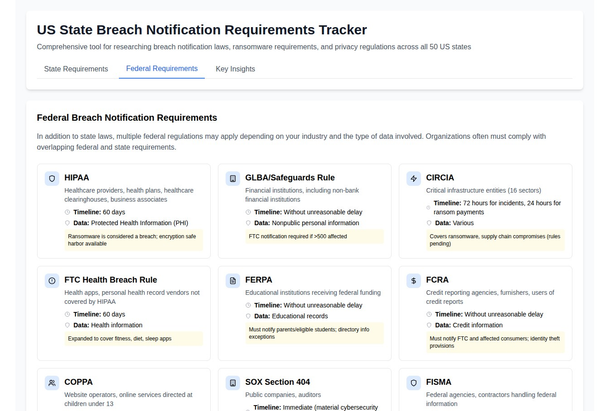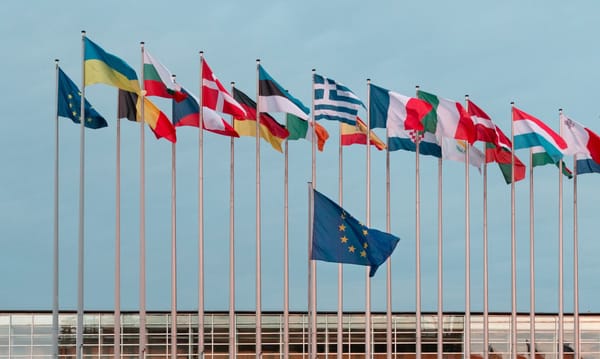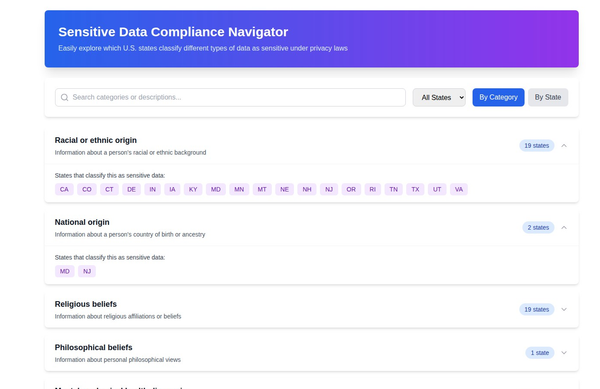In Addition to COPPA and KOSA for Child Safety Bills

In the digital era, the safety of children on the internet has become a paramount concern, prompting significant legislative and policy-driven conversations. The recent move by the US Senate Judiciary Committee to summon top tech CEOs for a hearing on their platforms' child safety measures highlights the urgency and complexity of this issue. This content brief will delve into the key aspects of this development, shedding light on the responsibilities of tech companies, the role of the judiciary, and the potential implications for internet safety protocols.


- The STOP CSAM Act: This bill would allow victims of online sexual exploitation to sue social media platforms that promoted or facilitated the abuse, make it easier for victims to ask tech companies to remove child sexual abuse material (CSAM), and strengthen the CyberTipline reporting requirements. The bill advanced to the Senate by Unanimous Consent on May 11, 2023.


- The EARN IT Act: The Eliminating Abusive and Rampant Neglect of Interactive Technologies Act (EARN IT Act) would establish a “National Commission on Online Child Sexual Exploitation Prevention” and amend Section 230 of the Communications Decency Act to narrow the liability protection it affords platforms for claims related to CSAM. Several versions of this bill have been introduced by the Senate Judiciary Committee going back to 2020, all passing the Senate Judiciary Committee unanimously; the amended 2023 version advanced on May 5, 2023.
- The SHIELD Act: The Stopping Harmful Image Exploitation and Limiting Distribution (SHIELD) Act would establish federal criminal liability for both individuals who distribute “intimate visual depictions,” or nudes, without a person’s consent, and fill in gaps in existing law to prosecute persons sharing explicit images of children. The bill was approved by voice vote in the Senate Judiciary Committee on May 11, 2023.
- The Project Safe Childhood Act: This bill modernizes the investigation and prosecution of online child exploitation crimes, allowing federal prosecutors and law enforcement to work together using new technology to quickly rescue child victims and arrest offenders. The bill passed the Senate on Oct. 24, 2023,, but presently there is no companion bill in the House.
- The REPORT Act: This bill makes changes to rules governing the reporting of crimes involving the online sexual exploitation of children by requiring electronic communication service providers to submit reports to the National Center for Missing and Exploited Children (NCMEC) when they become aware of violations. It also extends the time providers must preserve the contents of reports from 90 days to one year, increases statutory penalties for knowing and willfully failing to report CSAM, and expands reporting duties to include child sex trafficking and coercion and enticement of minors. The REPORT Act passed the full Senate on Dec. 14, 2023, but presently there is no companion in the House.


The Call to Action: Senate Judiciary Committee's Stand on Child Safety
The US Senate Judiciary Committee's decision to hold a hearing with tech CEOs signifies a critical step towards addressing the growing concerns around child safety online. This move underscores the importance of collaborative efforts between policymakers and tech companies in creating a secure digital environment for the younger generation.
Tech Giants Under Scrutiny: The Accountability of Platforms
Tech companies like Discord, Meta, Snap, TikTok, and X (formerly Twitter) find themselves at the forefront of this discussion, being asked to account for their platforms' safety measures. The hearing aims to dissect and evaluate the effectiveness of existing protocols and explore the need for more stringent policies to protect young users from potential online hazards.
Navigating the Digital Dilemma: Balancing Innovation and Safety
While the digital age offers unprecedented opportunities for learning and connection, it also poses unique challenges in terms of content moderation, data privacy, and user protection. The hearing is expected to delve into the delicate balance between fostering technological innovation and ensuring a safe online space for children.
The Road Ahead: Anticipated Outcomes and Industry Repercussions
The outcomes of this hearing could be instrumental in shaping the future landscape of online child safety. Potential regulatory changes, enhanced safety features, and stronger collaboration between tech companies and child protection advocates are on the horizon, setting a new standard for the digital well-being of minors.








